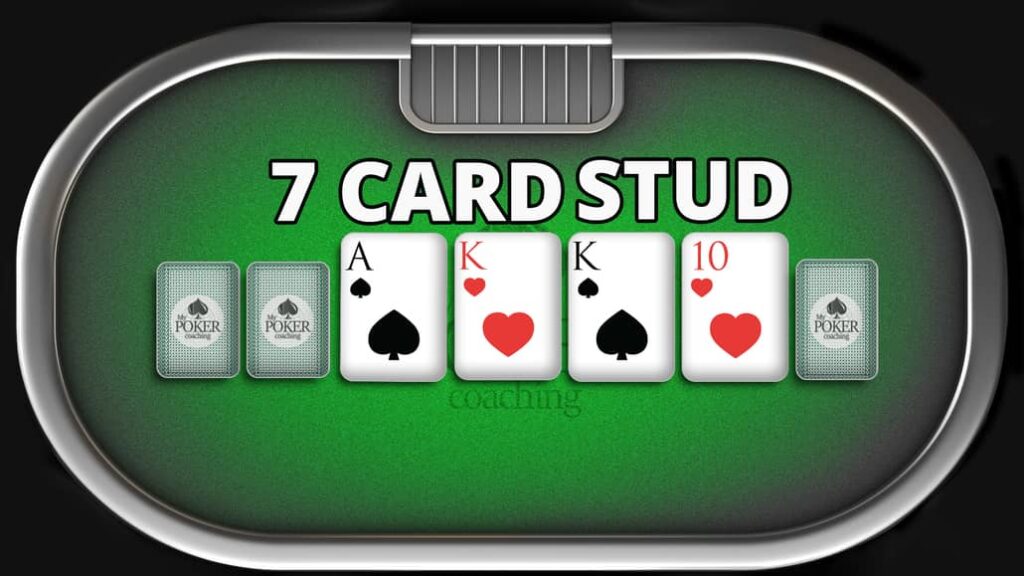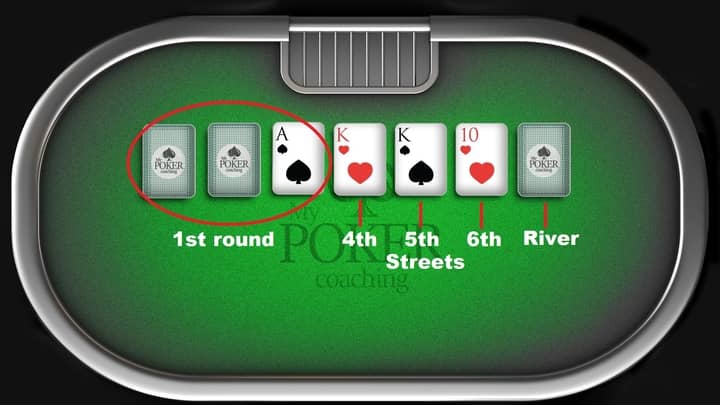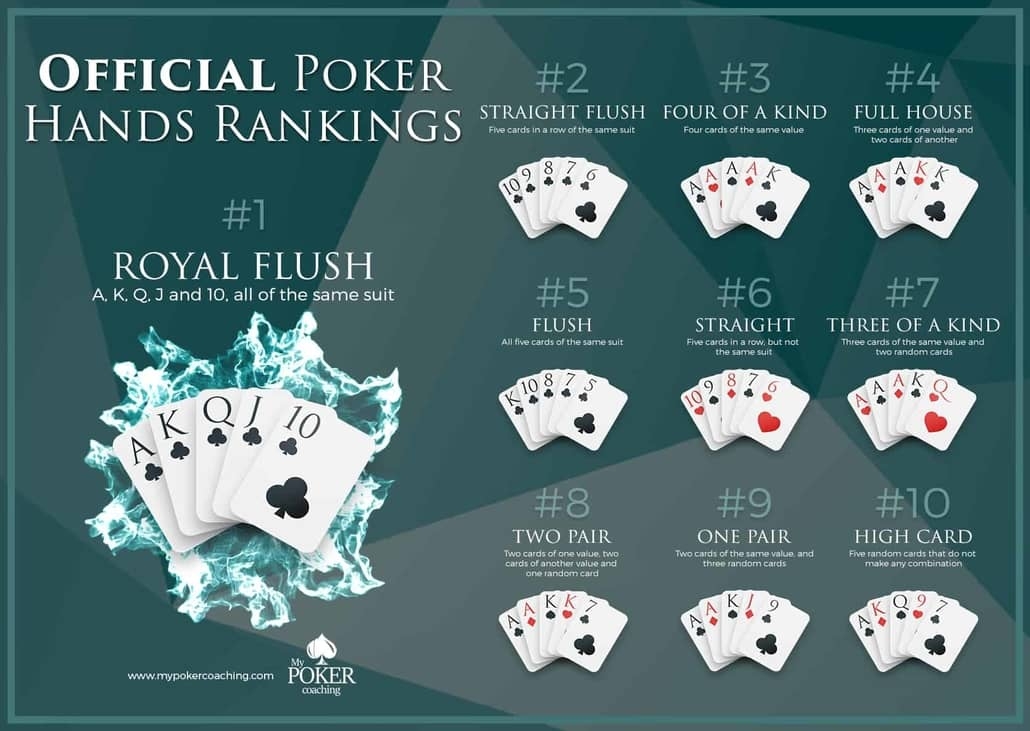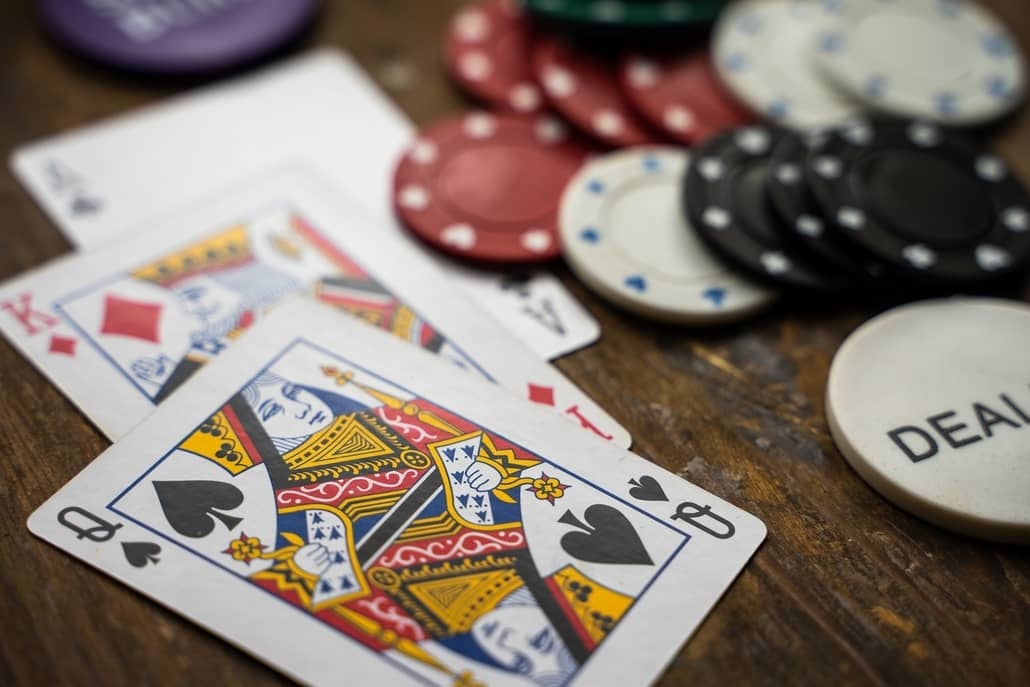7 Card Stud Poker Rules & Strategies For This Exciting Game

These days, games with community cards like Hold’em and Omaha are all the rage. But before they became popular, stud poker variations were the choice of most players. In that group, 7 Card Stud was always particularly popular.
These days, you won’t find that many casinos or poker rooms spreading 7 Card Stud poker, although there are still some venues in the US, especially, offering cash game tables.
That being said, many online poker rooms feature 7 Card Stud, and it is also an important part of the 8 Game Mix.
So, even if this isn’t the most popular poker variation today, there are still many upsides to learning 7 Card Stud. For example, if you want to spice things up in your home game, this could be a great option.
From the professional point of view, many players who sit down to try their hand at stud aren’t very good at it. Unlike Omaha or Hold’em, not many people take the time to learn how to play 7 Card Stud well.
Online, especially at lower stakes, you’ll find quite a few players who don’t even know all the rules of the game. So, there is definitely some money to be made.
Learning this game can also be very good for your overall understanding of poker and improving your general Texas Holdem strategy.
Stud games require you to think about many things and constantly pay attention to what cards are out of the game to make correct decisions. For these reasons alone, learning and occasionally playing 7 Card Stud can be a very good way to stay sharp.
7 Card Stud Rules
If you’ve only ever played community card games, 7 Card Stud poker may be quite a change. This is no reason for concern because the rules of the game aren’t too complicated on their own and are quite easy to learn.
A hand begins with the first round of dealing cards, starting with the first player to the left of the dealer and moving clockwise. Players are dealt three cards in total (one at a time), with the first two cards being face down and the third card dealt face up. This round is known as the third street.

The first betting round happens, followed by another card being dealt to all players still active in the hand (the fourth street). The same process repeats for the next two cards (fifth and sixth streets). There is one card dealt face-up, followed by a round of betting.
Finally, if there are players still remaining in the hand after the sixth street, they’re dealt one last card, face down. So, by the end of a 7 Card Stud hand, you can have up to seven cards (hence the name), with three of them being face down for only you to see and the remaining four facing up.
Because of 7 Card Stud rules, the dealer button may or may not be rotated around the table. It will usually happen in most games, but there is no inherent advantage to being on the button in this game, so even if the deal started from the same player every time, it wouldn’t matter at all.
Determining the Winner in 7 Card Stud
7 Card Stud follows poker hand rankings for high poker games, so they’re exactly the same as they are in Hold’em, Omaha, or any other high game. The lowest possible holding is the high card, while the best possible hand is the royal flush.

Although you’re dealt seven cards by the end, you can only use five of them to make the best possible combination. This is similar to Hold’em, where you’ll combine your two cards with the five community cards. The only difference in Seven Card Stud is that everyone gets their own cards.
Betting in 7 Card Stud Poker
You’ll find that 7 Card Stud is usually played in the fixed limit format, so if you’d ever played fixed limit Hold’em, you’ll have a pretty good idea of what to expect. If you haven’t, keep on reading to find out everything you need about the betting rules of 7 Card Stud.
At the start of a hand, all players will need to put an ante into the pot. This is usually around 10% of the big bet, so in a $2/$4 game, you’d have an ante of $0.50.
Third Street
Once everyone has posted the ante, the dealer will deal the first three cards, and the player who has the lowest card showing will be the bring-in.
They’ll have to put in an amount equal to the size of the ante into the pot, with an option to also complete the bet, making it a full small bet ($2).
In the event of two or more players have the same lowest card, suits are used to determine the bring-in, starting from the lowest:
- Clubs
- Diamonds
- Hearts
- Spades
The lowest suit must bring in.
The first three betting rounds in 7 Card Stud are done using the small bet ($2 in this example). So, for example, if the bring-in decides to just post $0.50, the next player in line will have an option fold, just call, or raise, completing the small bet.
The action then continues with players having the same options (fold, call, or raise).
Since this is a fixed limit game, the size of the raise is fixed.
For example, one player can raise from $2 to $4, and the next player can only raise from $4 to $6. There is no wiggle room here.
Usually, there is a limit of three raises per betting round. Once this cap is reached, players can only call or fold. The limit is usually removed in heads up pots.
Fourth Street
Once all the action has been completed on the third street, players are dealt another card face up. The action begins with the player showing the strongest combination with their face-up cards (the best high cards combo or the highest pair).
This player has an option to check, passing the action, or bet. The small bet is still used on the fourth street, so the player who decides to open the action can only bet $2.

The action then continues the same way like on the third street, with players folding, calling, or raising in $2 increments.
If a player is showing a pair on the fourth street, they’re allowed to bet $4 instead if they want to. In this case, the big bet can immediately come into play.
Fifth, Sixth, and Seventh Streets – Big Bet Rounds
On all subsequent streets, 7 Card Stud rules for betting are pretty much the same with one important exception.
The minimum bet is now the big bet, i.e., $4 in this example. Raises are done in $4 increments as well ($8, $12, $16).
The action still begins with the player showing the strongest combination with their up-cards. This can change from one street to another, of course, as someone can have trips on the fifth street, but another player can catch better trips on the sixth street so they’ll be the one opening the action for that round.
The Showdown
As already explained, the winner is determined using the standard hand ranking system for high poker variations. Once all the betting is done, all players still active in the pot will turn over all of their cards, and the highest possible combination wins.
It is important to note that suits are only used to resolve bring-in ties in 7 Card Stud poker. If two players have a Queen-high flush at a showdown, for example, they’ll split the pot.
A flush in poker of clubs is just as strong as a flush in spades. This applies to all other hand combos as well.
7 Card Stud Strategy Basics
Although Hold’em is considered “Cadillac of poker,” there are definitely many strategic elements to stud games as well.
Knowing how to play 7 Card Stud will get you started, but if you want to thrive in the game and actually be a winning player, you’ll need to learn some fundamental 7 Card Strategy as well.
What Hands to Play?
The first and most important thing you need to learn is what 7 Card Stud hands you actually want to play. Like in Hold’em, getting involved with weak starting hands will often get you in a world of hurt on the later streets.
When you’re first starting, you should probably err on the side of caution and stick to playing very strong starting hands.
You can always add more hands to your repertoire as you get more comfortable.
- All trips (three of a kind)
- Big and medium pairs (from AA down to 88)
- Three broadway cards, including 10s (preferably suited)
- Middling suited connectors

This is a tight range, but you want to take this route when just learning 7 Card Stud rules and getting used to the game. You should also pay attention to your kicker card when you’re starting with a pair as higher kickers give you more playability on later streets.
Pay Attention to Discarded Cards
One important skill you’ll need to work on if you want to play Stud well is the ability to memorize the cards that are being discarded.
Since there are quite a few cards dealt face-up, you’ll have a chance to see certain cards being removed from the game.
This is important for two reasons. First of all, if you’re on a draw, but you saw four of your eight outs being mucked, you’ll know that odds of actually making your hand are much slimmer.
Secondly, if your opponent is trying to represent a certain hand, you’ll be able to make a better guess if they actually have it or not.
In some cases, you might even be up against an opponent who’s trying to represent a hand that you know that they can’t have. For example, they’re betting as if they have a straight, but you saw three nines mucked, and the last one is actually in your hand, face down.
While something like this will never happen to an experienced Stud player, many amateurs just don’t pay enough attention to what’s going on during a hand.
Being able to memorize as many mucked cards as possible and use that information to your advantage will make you a lot of money in this game.
Work on Your Board Reading Abilities
This piece of advice ties into the previous one. In 7 Card Stud games, you need to be sharp enough to figure out what it is that your opponent is likely to be chasing based on the information you have, i.e., discarded cards and the cards they’re showing.
This may seem easy, but it’ll likely take you some time to develop the skillset required to do this well.
The best thing you can do is to try and think through every situation and not make any rash decisions. Even if you make a mistake, you’ll at least know about it, and the next time you find yourself in a similar spot, you’ll be able to make a better decision.
Play Your Big Hands for Value
In 7 Card Stud, big pocket pairs (pocket aces through JJ) and rolled up trips are considered very strong starting holding. You’ll want to play these hands for value as much as possible and avoid being too tricky with them.
Since this is a fixed limit game, your opportunities to get money in the pot are also limited, so you can’t afford to wait for too long.
Of course, sometimes you’ll have to slow play and pull back as things will just seem too obvious. If you find yourself in a hand where a player showing a King bets, then another player raises with an Ace, if you come in for another raise showing a 4, everyone will know what’s up.
In general, though, and especially in lower limit games, you won’t need to hide the strength of your hand too much. People tend to call way too much in fixed limit games as it is because it’s “just another bet” so you can get a lot of extra value even in situations where it’s quite clear you’re way ahead.
Observe Your Opponents
This advice applies to pretty much all poker variations, and 7 Card Stud poker is no exception. You want to pay attention to what other players are doing even when you’re not involved in a hand. The extra information you get here will help you a lot at some point in the future.
For example, you can pick up on someone calling way too much even when it is perfectly clear from the opponent’s board they can never be good. These are players you’ll want to target and value bet against relentlessly as they don’t have the fold button.
And if you want to learn how to play 7 Card Stud properly, this will help you improve much faster. Of course, you can always opt to join Mixed Games Masterclass to boose your progress, but even these tips will take you far.
The fact that you’re thinking about the game and trying to come to some conclusions will help you better understand more complex ideas later in your career.
Bluffing in 7 Card Stud: Is It Really a Thing?
Even though players are much stickier in fixed-limit games, you can still make a lot of money by bluffing in Stud. You just need to know how to pick your spots properly.
One great situation where you’ll often be able to pick up antes with no resistance is when you’re the only one showing an Ace on the third street.
If the action folds to you, you can often just raise and take it. Many players are afraid of aces in this game and will give you way too much credit when you raise.
Beyond this, though, an effective 7 Card Stud strategy for bluffing will require some keen observation.
Good times to bluff are when your opponent is showing a board that you’re likely to beat even if that’s not what they can see.

For example, you have a hand like (XX) K A Q against theirs (XX) 10 10 7. If you apply pressure by betting or raising, it will be very hard for them to continue if that pair of 10s is all they have. They have no idea what your down cards are, and this is a great chance to try to bluff them off their hand if you have just rolled up 8-8, for example.
Similarly, if you’re showing four to a straight or four to a flush against their trips or two pair, you can try to pull off a semi-bluff and put them in a tough spot.
If you want your bluffs to be really effective, though, you’ll really need to keep track of mucked cards. If you want to try and bluff someone who is showing a hand as strong as two pair or three of a kind, you’ll be well-served to know that two or three cards that they could use to fill up have been discarded.
Of course, your bluffs will only work against players who actually know how to fold. If you peg someone as a calling station, who’ll just go with their hand no matter what, there is no point in bluffing them. Simply wait for the spots where you actually have a big hand and go for full value.
Final Tips for New 7 Card Stud Players
7 Card Stud poker is a very entertaining and quite demanding variation. If you’re really keen on learning how to play it well, there are some poker training sites and even software out there that can help you get to the next level.
This article should be your first stepping stone, though, as it gives you some solid basics to get you started.
As a new player, you should:
- Be very conservative with your starting hands
- Pay a lot of attention to discarded cards
- Train your brain to memorize as many mucked cards as possible
- Play your big hands for value without getting too tricky
- Pick your bluffing spots carefully but don’t be afraid to bluff
This isn’t nearly all you can learn about this classic game, and if you find yourself in a game with some of the veterans, you’ll quickly find that you’re outclassed.
However, sticking to some of these basic rules and tips should give you a solid edge in lower stakes games where no one is really experienced. Most players take the “learn by playing” approach, and you’ll have a tremendous advantage over these players even with the basic 7 Card Stud strategy knowledge.

Conclusion: Give 7 Card Stud Poker A Try, and You’ll Love It
If you’ve gotten tired of Hold’em and Omaha, learning how to play 7 Card Stud can definitely be a fun experience. This is a very different kind of game, although many of the fundamental poker concepts still apply, so you won’t be actually starting from zero.
You can find great games online with more than enough action to sharpen your skills and make some money.
There are even some 7 Card Stud tournaments online, and these can be quite a gold mine as you can expect at least some percentage of players to have registered by mistake.
If you’re more of a live player, you won’t find that many great opportunities unless you happen to live in a select few places that offer a diversity of poker games.
But that doesn’t mean that learning 7 Card Stud rules won’t benefit you in the long run. You never know when an opportunity might present itself, and when it does, you’ll be ready to seize it!








